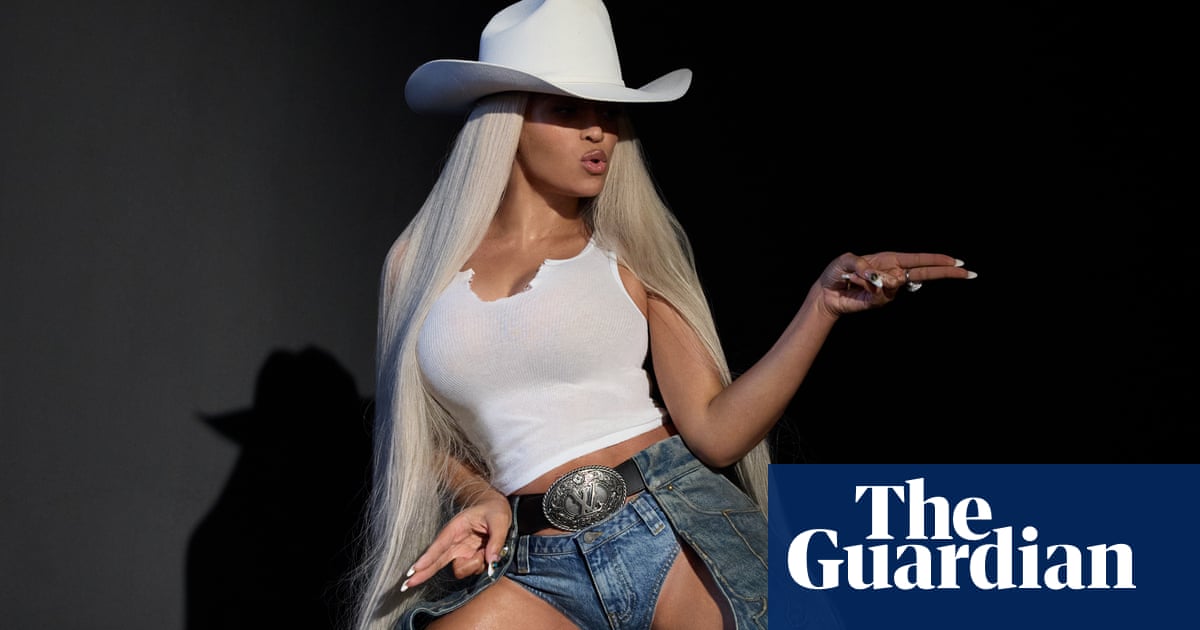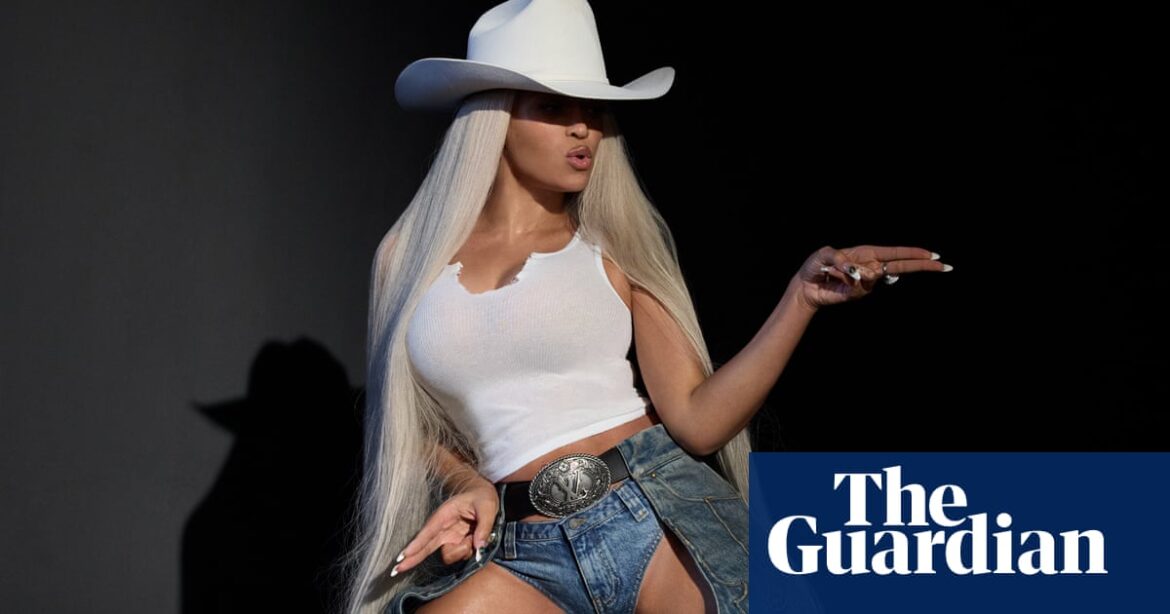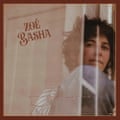
Beyoncé weaves Cowboy Carter’s origin story into the album’s opening track, Ameriican Requiem. Against a psychedelic country-gospel backdrop that unfolds with both determination and frustration, she establishes her southern roots – Alabama, Texas, Louisiana – but notes this background hasn’t always been respected: “Used to say I spoke too country / And the rejection came, said I wasn’t country ’nough.”
It was a literal story. In November 2016, Beyoncé drew criticism (and overt racism) from country purists after an exuberant performance of her Lemonade track Daddy Lessons with the Chicks at the Country Music awards. A month later, she received a stinging rebuke from the music industry when the Grammys refused to nominate the song in country categories. The subtext was clear: many people refused to accept a Black woman playing country music – and had no interest in hearing Beyoncé out.
Ameriican Requiem touches directly on this exclusion, pointing out the failed (and narrow) promise of the American experiment (“them big ideas are buried here”) and the superficial good manners that uphold the racist status quo: “You change your name, but not the ways you play pretend.” But this gatekeeping only galvanised Beyoncé, and she created Cowboy Carter – the second album in her three-act Renaissance trilogy – to carve out a space in country music on her own terms.
This being Beyoncé, Cowboy Carter was no straightforward Nashville record. Instead, in keeping with the sprawling ambition of the auteurist albums she has been releasing for the past decade, it wrapped its arms around the entire American music vernacular: the 1960s soul/R&B homage Ya Ya makes pointed comments about American prosperity (or lack thereof) while interpolating both Nancy Sinatra’s These Boots Are Made for Walkin’ and the Beach Boys’ Good Vibrations. The Shaboozey collaboration Sweet Honey Buckiin’, meanwhile, is a dizzying combination of R&B twang and hip-hop. In contrast, the torchy standout II Most Wanted is more traditional, emerging as a Fleetwood Mac-referencing duet with a smoky-voiced Miley Cyrus. The towering ballad 16 Carriages features a weary protagonist looking back on hard times and moments of innocence lost, while the bouncy 70s Laurel Canyon throwback Bodyguard is a sweet ode to buffering a partner from danger.
Beyoncé also wasn’t afraid to tackle country’s iconic moments, notably recasting Dolly Parton’s Jolene as a steely eyed warning shot that jettisoned the vulnerability of the original song. But it was her attempts to shape country in her own image and foreground its Black origins that felt especially fresh and thrilling: Parton and Willie Nelson made lighthearted cameos; more significantly, greater deference was afforded to Black country musicians. The pioneering country artist Linda Martell received several spotlights; global hit Texas Hold ’Em featured the lithe banjo of Rhiannon Giddens. The brief interlude Smoke Hour Willie Nelson took the form of a radio dial flipping through songs by Son House, Chuck Berry and Sister Rosetta Tharpe – a subtle nod to the fact Black artists invented country and rock’n’roll.
And where Grammy voters had adhered to purist lines, Beyoncé stretched a hand across history and genre with a cover of the Beatles’ Blackbird, a song that Paul McCartney envisioned as a beacon of hope for the US civil rights movement. In response, Beyoncé and a choir of voices – comprising Black country artists Brittney Spencer, Reyna Roberts, Tanner Adell, and Tiera Kennedy – answer McCartney’s song with strength, tenderness and appreciation.
Cowboy Carter became the first ever UK No 1 country album by a Black artist, setting the pace for a year when country songs infiltrated the British pop charts for the first time since the 90s (Dasha’s Austin, Shaboozey’s A Bar Song (Tipsy), the Morgan Wallen and Post Malone duet I Had Some Help), and stars including Diplo and pop supernova Chappell Roan kept the genre vibrant. Last month, it also scored Beyoncé four nods in country music categories at the Grammys, out of 11 overall nominations (although it was snubbed again at the Country Music awards in September).
“They don’t know how hard I had to fight for this / When I sang my song,” she sings on Ameriican Requiem. The depth of knowledge and the conviction of performance on Cowboy Carter are a clear testament not just to Beyoncé’s fight, but her intimacy with the genre. Clearly, the mindset of listeners and most awards voters has expanded to encompass her since 2016 – but rather than revel in vindication, you’d bet on Beyoncé focusing her energies on Renaissance Act III, riding off into the sunset in search of new territory to conquer.
Source: theguardian.com



